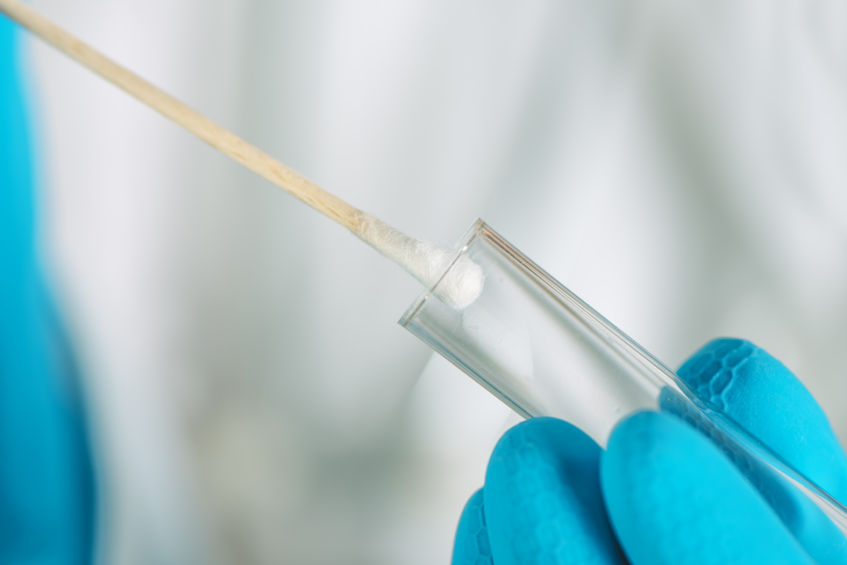
The protein BAFF (B cell Activating Factor) has been known to the scientific community for more than ten years. Several scientific studies have allowed us to understand its involvement in numerous processes as well as its possible relationships with inflammation, including inflammation related to diet.
Below, we list the most important mechanisms in which this cytokine is involved.
BAFF and autoimmunity
The survival of certain immune system cells, B cells, depends on BAFF. However, increased production of BAFF has been associated with the development of autoimmune diseases.
Specifically, BAFF plays a key role in accurately “selecting” immune system cells. However, an excess of BAFF interferes with these “selection” processes, increasing the number of self-reactive cells, which is the basis for the development of multiple autoimmune diseases.
The production of BAFF depends primarily on cells of the immune system, often activated in the presence of chronic inflammatory conditions.
BAFF and metabolism
La produzione di BAFF dipende soprattutto dalle cellule del sistema immunitario, spesso attivate in presenza di uno stato infiammatorio cronico. Il tessuto adiposo è un vero e proprio organo in grado di rilasciare “sostanze” proprio come il BAFF, creando e mantenendo un microambiente ”infiammato”.
È noto come il BAFF costituisca un vero e proprio ponte di collegamento tra infiammazione e metabolismo svolgendo un ruolo primario nel mantenimento della resistenza insulinica. BAFF svolge quindi anche un ruolo importante nell’infiammazione associata all’obesità, all’insulino-resistenza e alla sindrome metabolica.
When BAFF is elevated
Elevated BAFF levels are an important indication of the inflammatory state present in the body. BAFF serves as an indicator of inflammatory and immunological issues that can be addressed through personalized dietary choices.
An anti-inflammatory and personalized diet, along with proper supplementation to modulate inflammatory responses, such as those based on turmeric, inositol, and perilla oil, can certainly be the first approach to modulating inflammation caused by this and other inflammatory cytokines present in the body, which may be responsible for numerous chronic disorders.
Tests like Recaller 2.0 and PerMè, or screening tests, allow for the measurement of BAFF levels.
Integrated knowledge of this and other analytes enables the development of a “tailored” dietary plan to remodel inflammatory responses, including those related to diet.
No post found!


